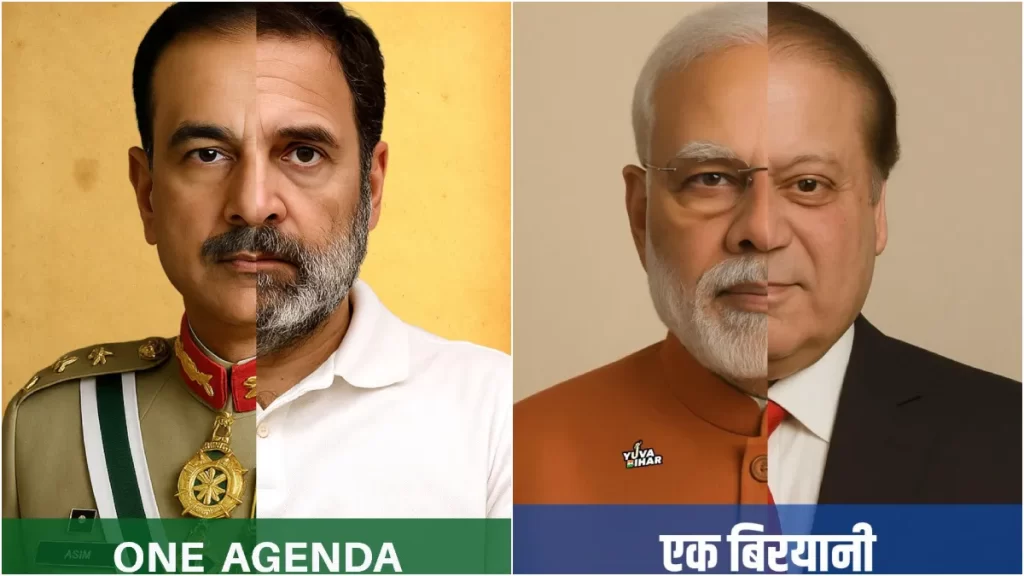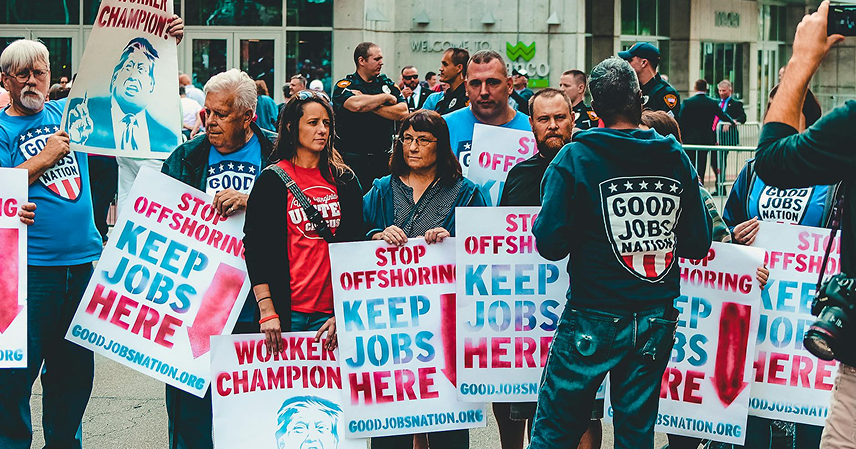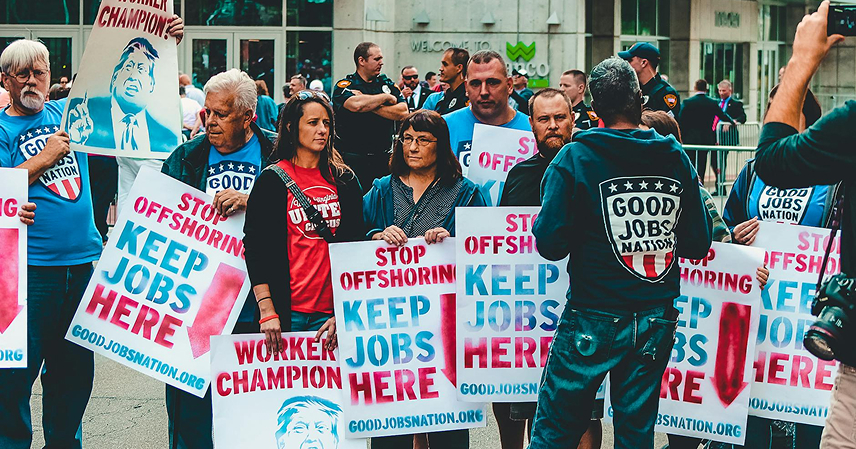New Delhi, May 21 — The Bharatiya Janata Party (BJP) and the Indian National Congress (INC) engaged in a heated political face-off on social media on Monday, exchanging barbs through controversial graphics featuring prominent Indian leaders alongside Pakistani figures. The exchange has added a new layer of intensity to the ongoing Lok Sabha election campaign.
The row began when the BJP’s official social media handle shared a poster depicting Congress leader Rahul Gandhi alongside Pakistan’s Chief of Army Staff, General Asim Munir. The post, captioned “Congress = Pakistan,” insinuated a covert alignment between the opposition party and India’s long-time rival. BJP leaders claimed that the Congress had “support from anti-India forces,” referencing Rahul Gandhi’s past international remarks on India’s democratic institutions.
The post immediately sparked criticism from Congress leaders, who accused the BJP of spreading misinformation and resorting to “divisive tactics” during a crucial phase of the election. The Congress party swiftly responded with a counter-image showing Prime Minister Narendra Modi warmly greeting former Pakistani Prime Minister Nawaz Sharif, with the caption: “When you live in a glass house, don’t throw stones.”
“The BJP is trying to divert attention from real issues like unemployment, inflation, and electoral bond corruption. This is a desperate attempt to mislead voters,” said Jairam Ramesh, senior Congress leader and communications head.
The Congress also pointed to Prime Minister Modi’s surprise 2015 visit to Lahore to attend Nawaz Sharif’s family function, which was initially hailed as a diplomatic gesture but later criticized following the Pathankot terror attack in early 2016.
Political Strategy and Election Impact
The exchange comes amid an increasingly aggressive digital campaign in the final phases of the 2024 Lok Sabha elections. Both parties have intensified their outreach efforts, using nationalism and foreign policy narratives to appeal to the electorate.
BJP spokespersons reiterated their stance that Rahul Gandhi’s comments abroad have consistently embarrassed India on the international stage. “When Rahul Gandhi goes overseas and questions India’s institutions, it emboldens hostile nations. The party’s alignment with such voices is dangerous,” said BJP IT cell chief Amit Malviya.
Analysts suggest that both parties are engaging in high-stakes messaging to consolidate support ahead of polling in key states. “The use of Pakistan as a campaign theme is not new, but the personalization of such attacks—featuring army chiefs and prime ministers—is deeply problematic,” said political analyst Dr. Anupama Bansal.
Conclusion
With only a few phases left in the general election, the BJP–Congress clash over foreign associations underscores the increasing polarization in Indian politics. As campaign strategies grow more combative, voters are left to navigate through a complex web of rhetoric, symbolism, and political messaging in one of the most consequential elections in recent years.



